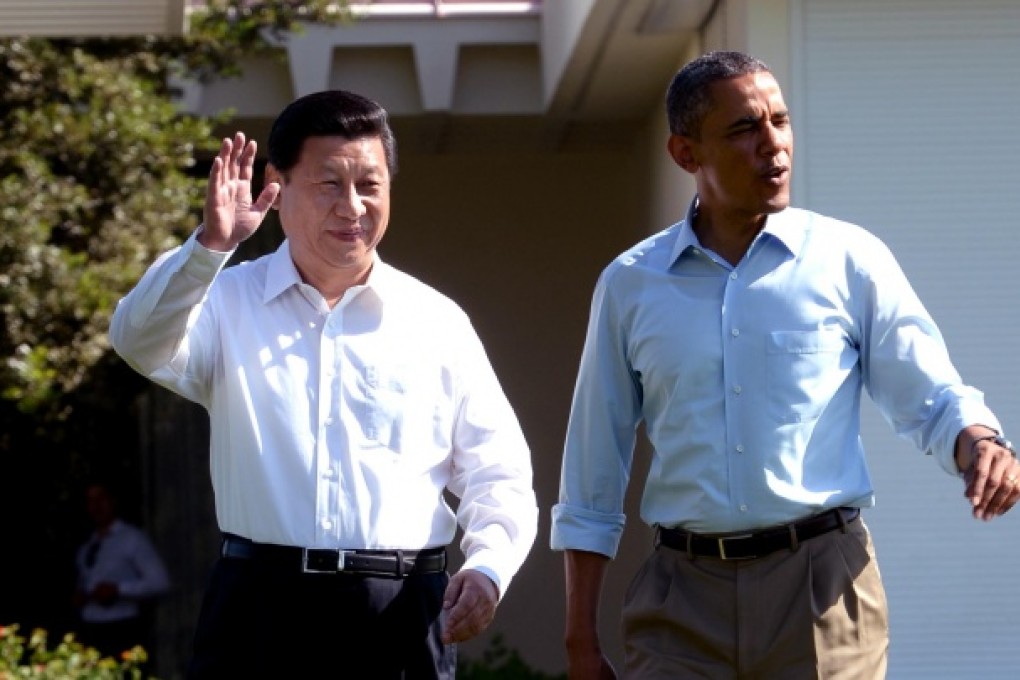No one nation, whether America or China, can rule Asia
Simon Tay says more are seeing China, rather than the US, in that role

At their California summit, President Xi Jinping and his US counterpart Barack Obama discussed a long list of disputes, from trade to climate change and cyberhacking. Both were anxious to get along and there will be only small steps forward. The key point to come out of the meeting is rapport.
The unresolved question of Asia-Pacific relations hovered in the background. Xi touched on this by saying that "the vast Pacific Ocean has enough space" for both countries. Underlying this was Chinese resentment about the US "pivot" to Asia.
Many in Beijing see it as a thinly disguised attempt to encircle China. Addressing the fundamental issue of accommodating a rising China must wait for another occasion.
Asian nations like the Philippines and Vietnam have welcomed the US rebalancing, given that China has grown more assertive recently about its claims over the South China Sea. Similarly, tensions over disputed islands further north have prompted Japan to embrace its alliance with the US.
It's easy to forget how recent many of these tensions are. The arguments simmered but remained in abeyance for decades. From the mid-1990s and into the early 2000s, China successfully reached out to Southeast Asia and collaborated on infrastructure, finance and a free trade agreement.
Even Tokyo made efforts to get on with China back then. The first time he was in office, Japanese Prime Minister Shinzo Abe sought to improve ties with Beijing and so did the opposition Democratic Party of Japan when it came to power. Japanese leaders recognised the economic interdependence that binds the two economies.
For the decade after the Asian financial crisis of 1997, relations between China and most of its neighbours grew stronger - largely without US involvement. The current tensions among Asians may be a deviation, rather than the norm.